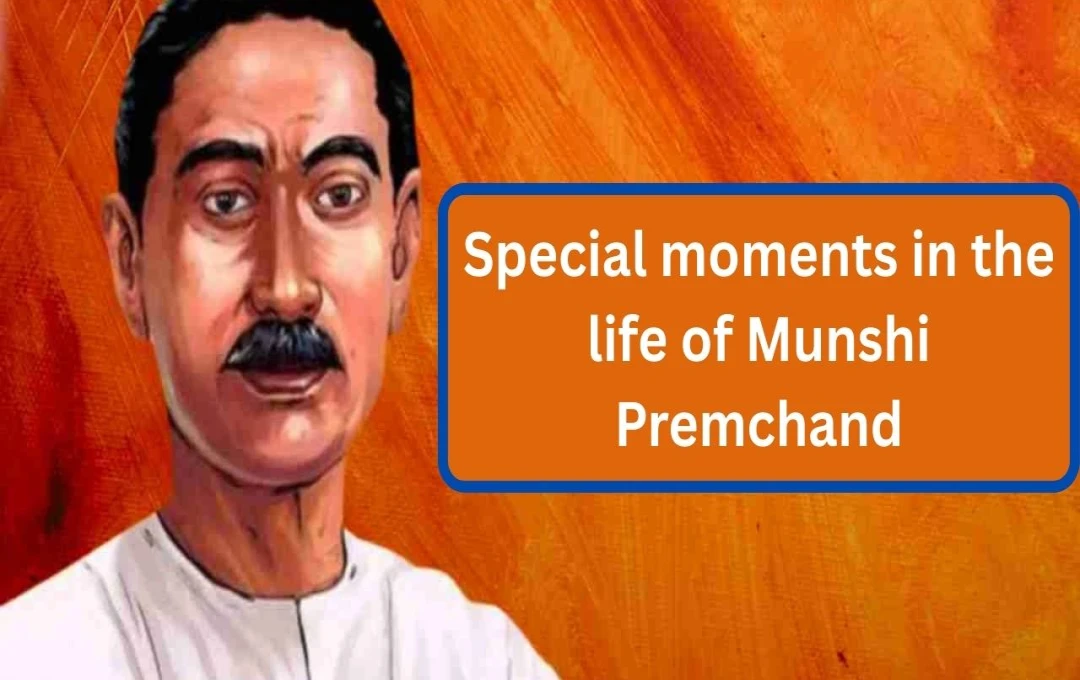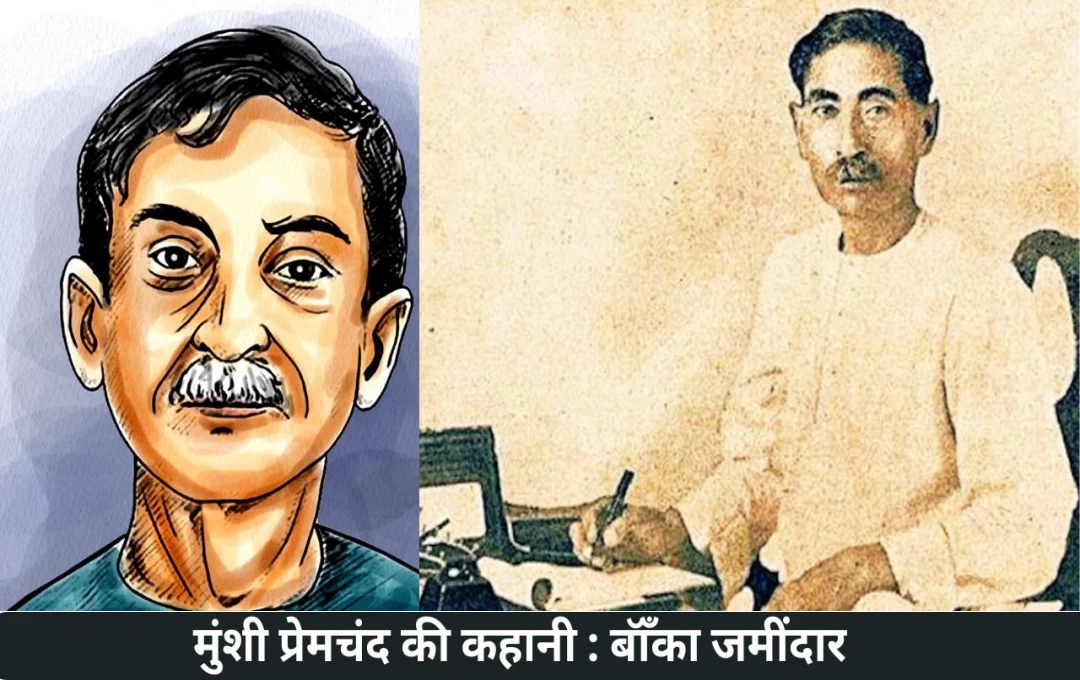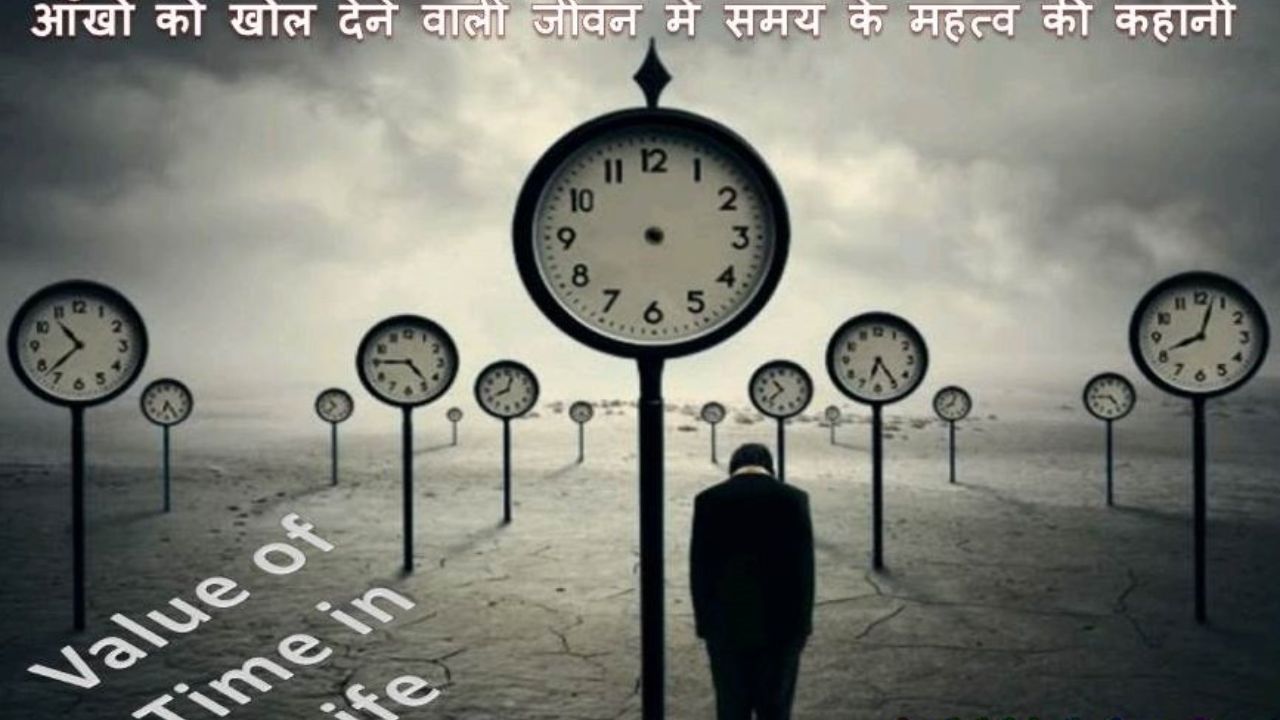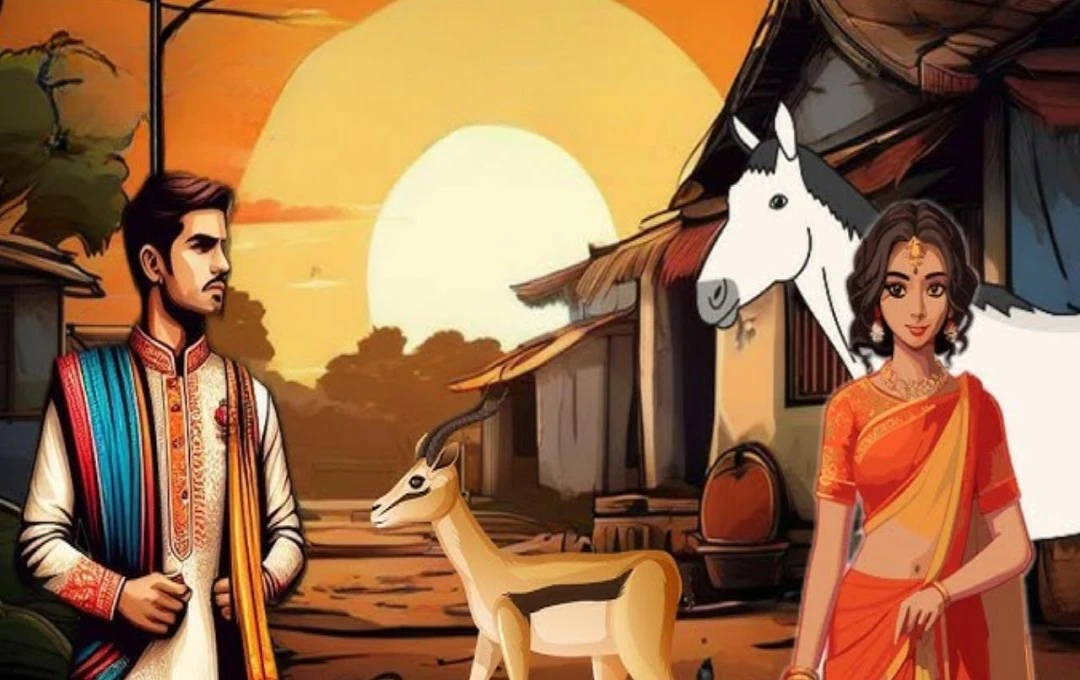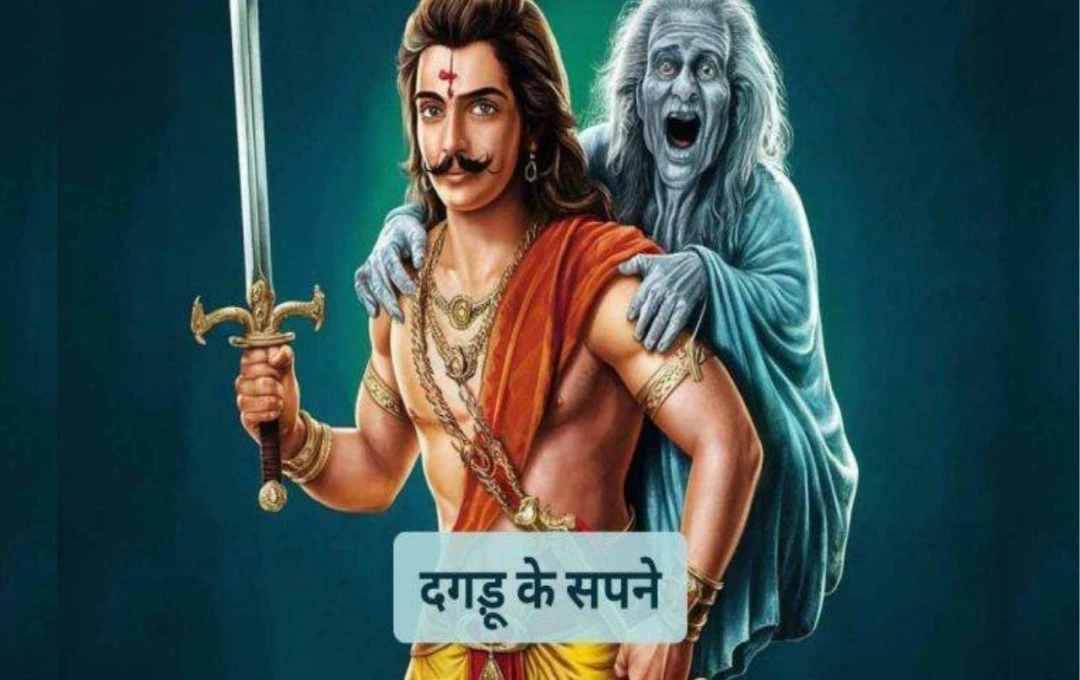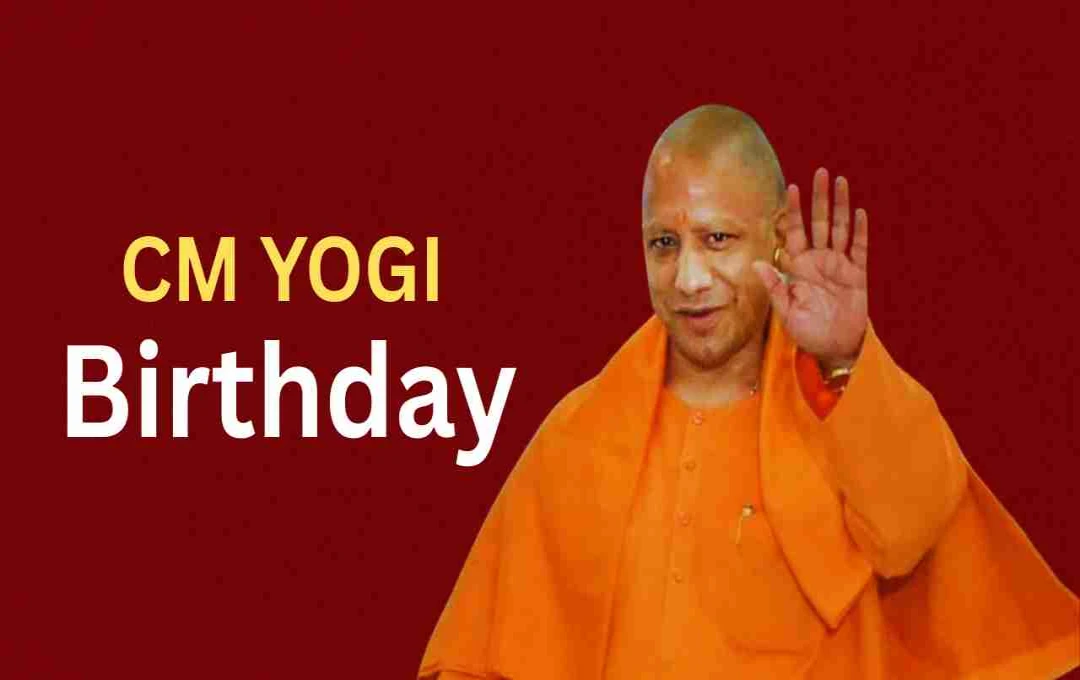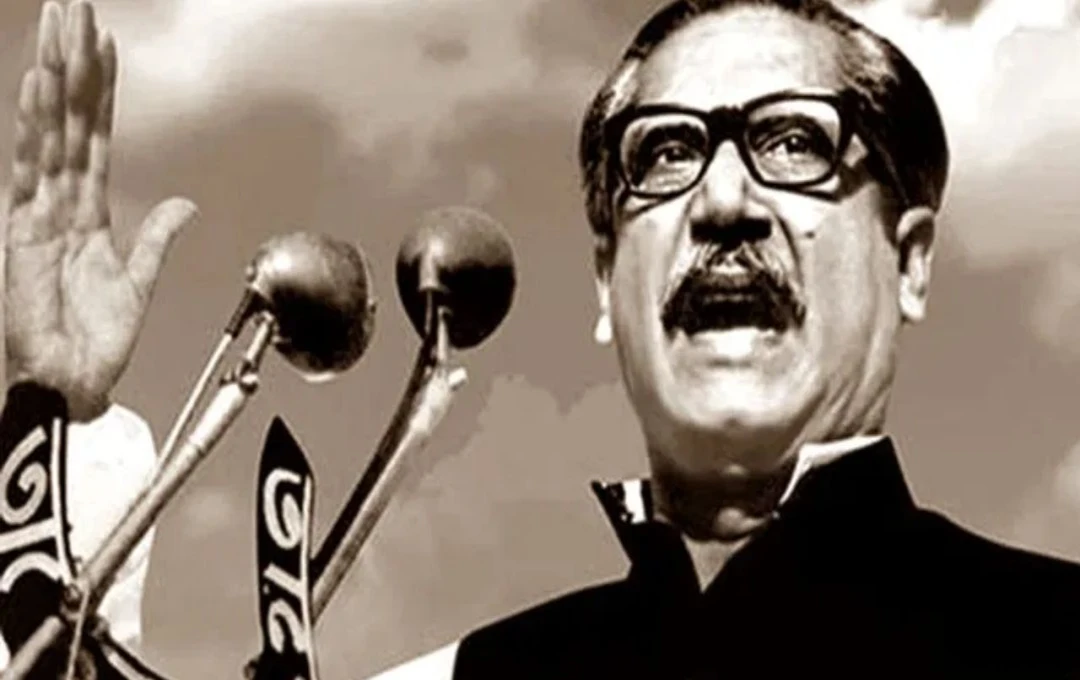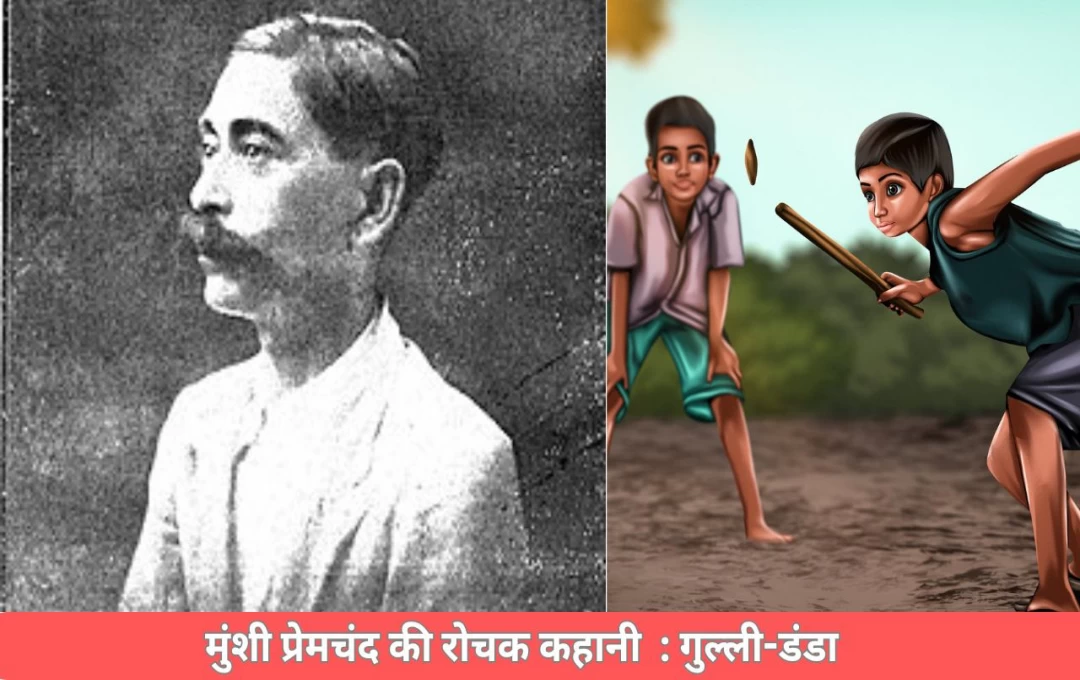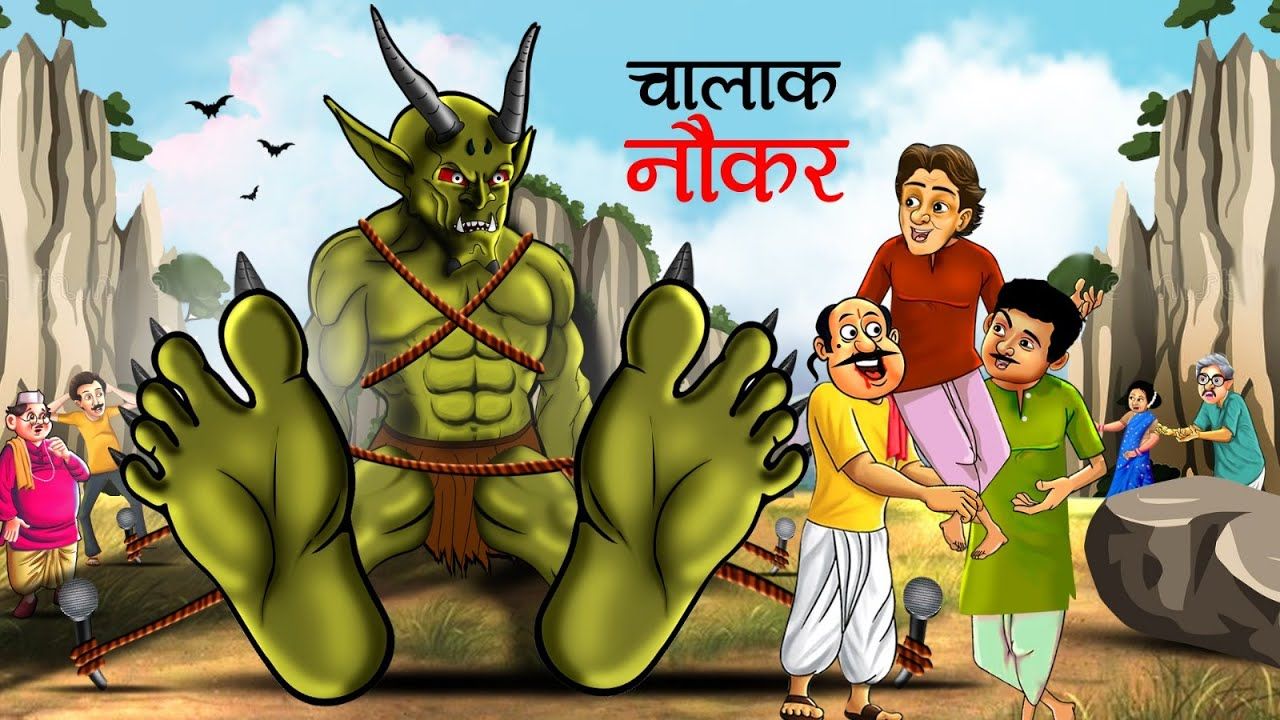Munshi Premchand is considered one of the greatest writers in Hindi literature. He was born on July 31, 1880, in the village of Lamhi, in the Varanasi district of Uttar Pradesh. Premchand's writing touched upon every facet of society, using his stories and novels to sharply criticize prevalent social ills. His literary works remain an invaluable treasure of Indian literature.
While we are all familiar with his writings, fewer know about his personal life. This article explores some interesting anecdotes from Munshi Premchand's life that further illuminate his unique personality.
Munshi Premchand's Childhood: The Barber Game and a Fascinating Incident of an Ear
Munshi Premchand's childhood was not only ordinary but also marked by several interesting events that made it unique. Once, while playing the "barber game" with other neighborhood children, Premchand accidentally cut a boy's ear. In this game, Premchand was playing the barber and was shaving the boy with a bamboo shaving stick. Suddenly, the stick hit the boy's ear, causing it to bleed. This incident not only added an interesting twist to Premchand's childhood but also showed his serious approach to any task.
This event became one of the unique anecdotes of his life, always remembered as part of his literary journey. Premchand learned a valuable life lesson from this small incident and presented it deeply in his stories. This anecdote also reveals that Munshi Premchand experienced struggle and understanding from childhood, which is clearly visible in his writing.
Refusing to Salute an Inspector
Munshi Premchand's life is a shining example of self-respect and dignity. An interesting instance of this is when he was a Deputy Inspector in the Education Department. One day, an inspector, after inspecting the school, came to Premchand's house, expecting a salute, as was customary. However, when the inspector passed by his house, Premchand was comfortably seated, reading a newspaper, and did not get up to salute him. This angered the inspector, who called Premchand.
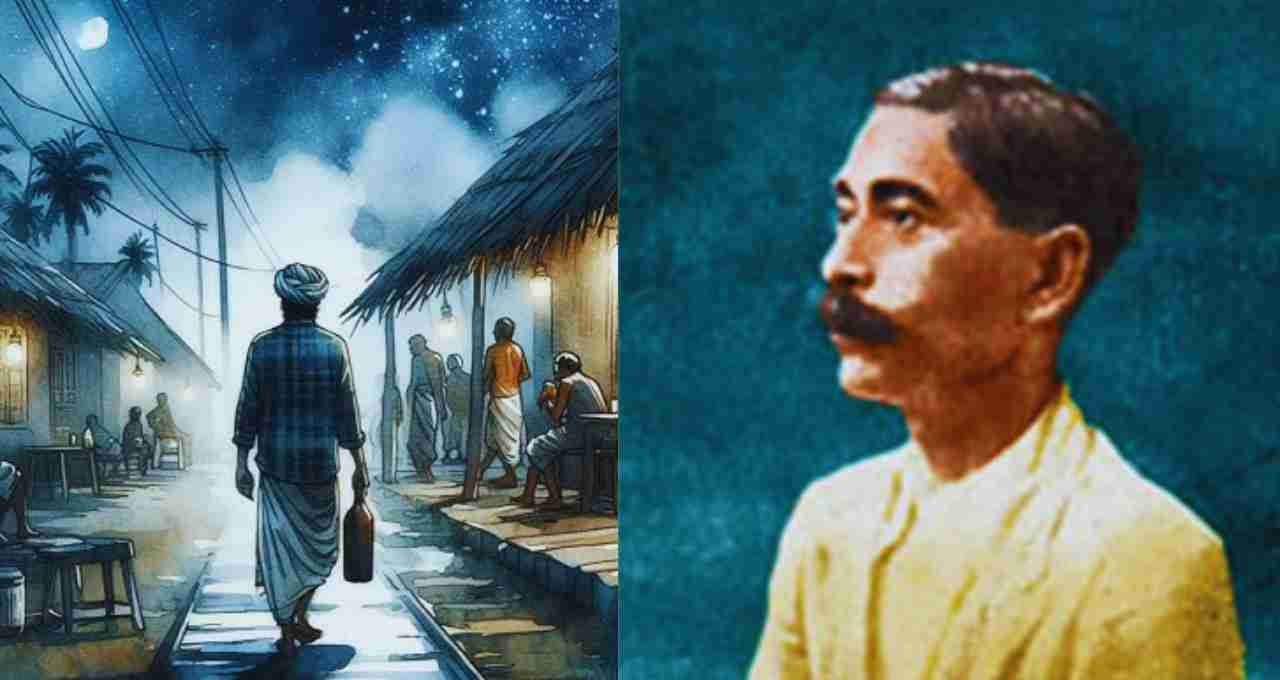
When Premchand arrived, the inspector complained, "You passed me by without even saluting." Premchand calmly but effectively replied, "When I am at school, I am like a servant, but at home, I am my own king." This response clearly demonstrates his self-respect and sense of dignity, showcasing his attitude of never compromising his values and independence in any situation.
Munshi Premchand's Views Against Superstition
Munshi Premchand believed that superstition only weakens human intellect and hinders societal progress. Once, when his wife, Shivarani Devi, invoked God's name, Premchand, considering it irrational faith, said, "God is a ghost of the mind that weakens a person." This statement clarifies that Premchand viewed life from the perspective of reason, intellect, and self-reliance. He believed that an individual should have complete faith in their own thinking and understanding, rather than making life decisions under the influence of external and superstitious elements.
Premchand's philosophy always encouraged the use of one's conscience and the avoidance of superstition, as it not only causes mental harm but also hinders societal development. This thinking is also reflected in his literature, where he consistently attacked superstition, social evils, and inequalities. Thus, Munshi Premchand worked to raise social awareness through his writing and thoughts.
Munshi Premchand's Resolution to Quit Drinking: An Inspiring Story
Another interesting and inspiring anecdote from Munshi Premchand's life is connected to his resolution to quit drinking. In 1924, when he went to Prayagraj with his friend Bedar Sahib, Bedar Sahib offered him alcohol, as he himself was fond of it. Premchand, who had abstained from alcohol until then, was influenced by this occasion and returned home intoxicated. Upon reaching home, his wife, Shivarani Devi, did not open the door, as the children had already informed her that Premchand had returned home drunk.
Shivarani Devi sternly told Premchand that if he ever returned home drunk again, she would not open the door. Premchand took this stern warning seriously and resolved to quit drinking at that moment. Thereafter, Premchand never consumed alcohol again. This incident reflects his b willpower and responsible attitude towards his family, which was an important part of his life's discipline and self-control.
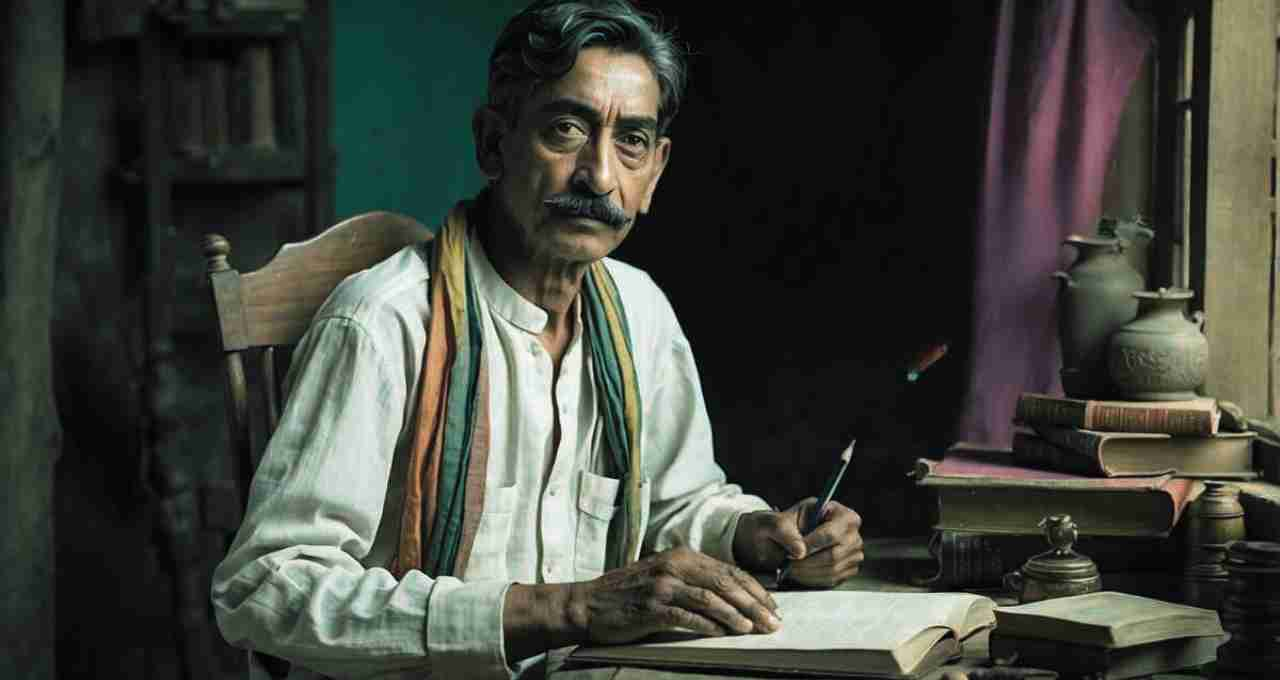
Munshi Premchand's Views Against the Hindu Sabha
Munshi Premchand's writing was always driven by independent thought and self-reliance, and he was never willing to bend his writing to anyone's pressure or desires. He once wrote an article that angered the members of the Hindu Sabha. This article reflected his thoughts and perspective, which differed somewhat from the prevailing social and religious currents of the time. When his wife, Shivarani Devi, asked him why he wrote such articles, Premchand clearly replied, "A writer should never become a slave to the public or the government."
He added that if a writer only wrote according to people's wishes, he would cease to be a writer. This answer makes it clear that for Premchand, writing was not merely a play of words, but an expression of freedom. This attitude reflects his courage and his commitment to truth. This event became a significant part of his literary life, where he placed his independence above any external pressure and strived to raise social awareness through his writing.
